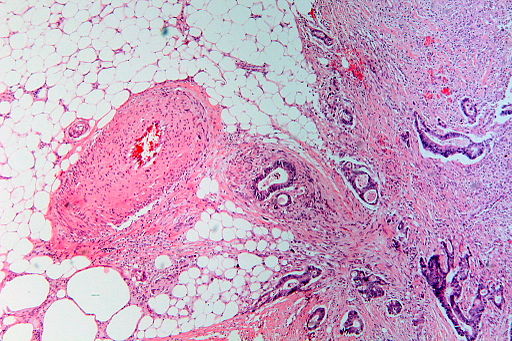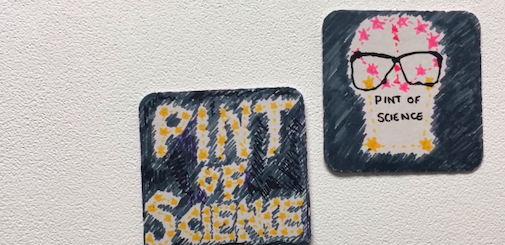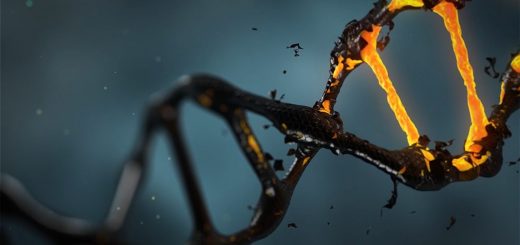Reverting Colorectal Tumours to Normal Tissue with One Gene

Colorectal cancer leads to nearly 700,000 deaths worldwide each year and is the second most common cause of cancer-related death in developed countries, including the UK1. At least 80% of colorectal tumours have an inactivating mutation in a gene called adenomatous polyposis coli or APC2. This gene is known as a tumour suppressor because if it stops working due to a DNA mutation, the cell becomes cancerous and can proliferate to cause a tumour. So what if you could turn APC back on?
Research published on June 18th used a targeted genetic technique to precisely inactivate APC in mice that would develop colorectal tumours, before reactivating the gene to try and answer this question3. Lukas Dow and colleges found that by reactivating the suppressor gene, the tumours reverted back to normal tissue in just two weeks. Amazingly, this worked even when other cancer causing genes, Kras and p53, were also mutated within the tumours.
These findings highlighted the necessity for APC mutations, even in well-established colorectal tumours. Since there were no signs of the cancer reappearing after six months post gene reactivation, APC is a very promising target for new colorectal cancer therapies.
Although APC is not considered causal in other types of cancer, this research still has wide implications. APC suppresses a signalling pathway that causes increased cell proliferation and survival, known as the Wnt pathway. By reactivating APC in colorectal tumours, the Wnt signalling is reduced and the tumour cells stop multiplying. The Wnt pathway is believed to be involved in many types of cancer, so, by mimicking the action of APC in these tumours, the Wnt signalling could be suppressed to stop tumour growth.
This impressive proof of principle research gives hope of a new treatment to replace the largely ineffective and toxic combination chemotherapies currently in use. Although completely blocking the Wnt pathway has previously been shown to be toxic, the authors say, “Our results imply that small molecules that are aimed at modulating, but not blocking, the Wnt pathway, might achieve similar effects. Further work will be critical to determine whether Wnt inhibition (or similar approaches) would provide long-term therapeutic value in the clinic.”
Edited by Debbie Nicol
References
- Jemal A, Bray F, Center MM, Ferlay J, Ward E & Forman D (2011). Global cancer statistics. CA Cancer J Clin 61, 69–90.
- Brannon AR et al. (2014). Comparative sequencing analysis reveals high genomic concordance between matched primary and metastatic colorectal cancer lesions. Genome Biol 15, 454.
- Dow LE, O’Rourke KP, Simon J, Tschaharganeh DF, van Es JH, Clevers H & Lowe SW (2015). Apc Restoration Promotes Cellular Differentiation and Reestablishes Crypt Homeostasis in Colorectal Cancer. Cell 161, 1539–1552.










